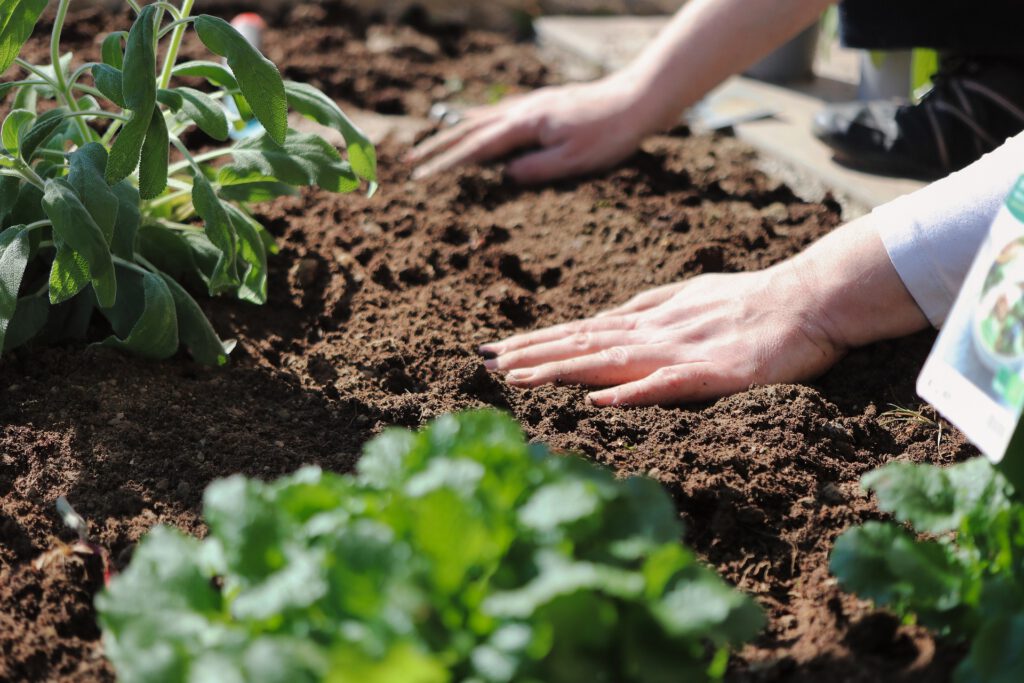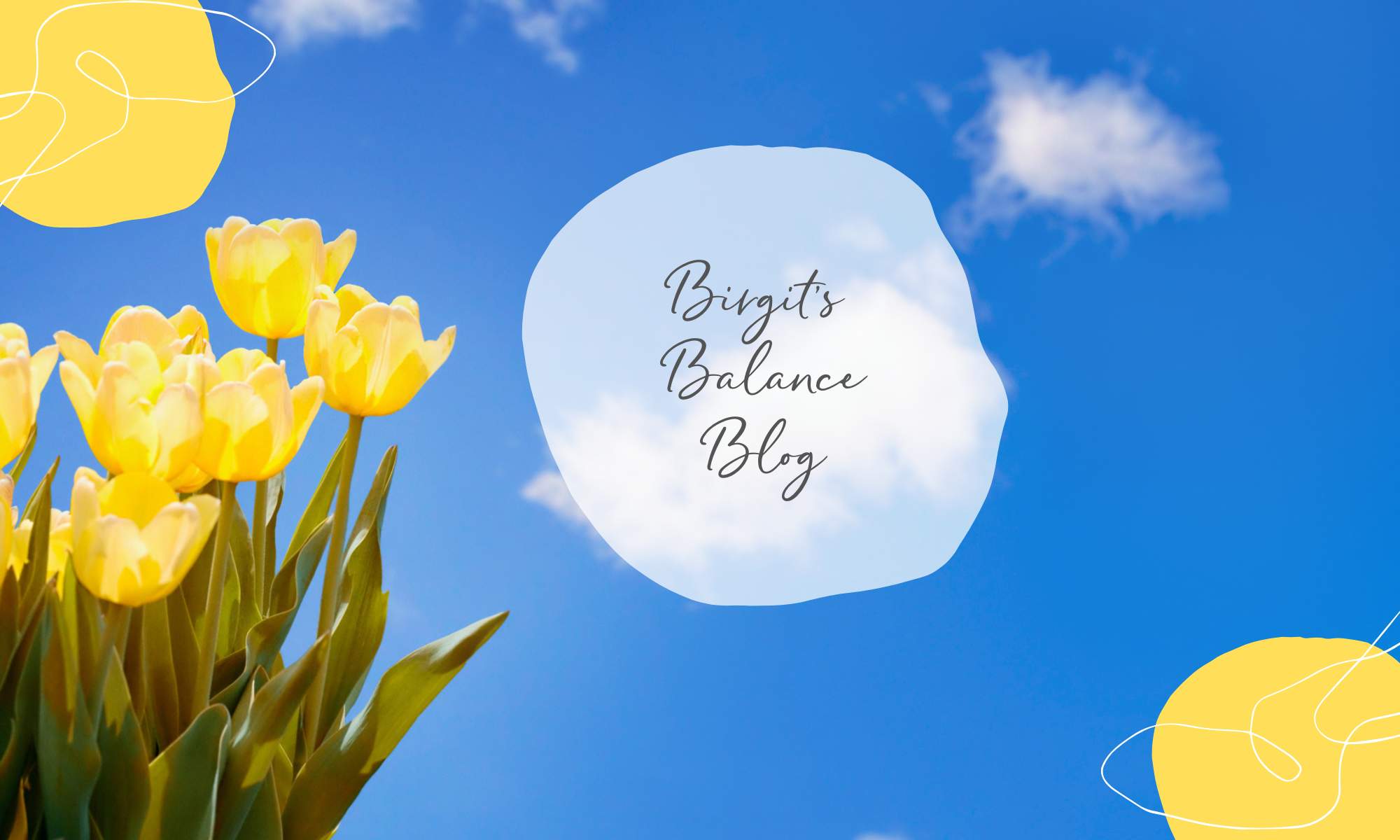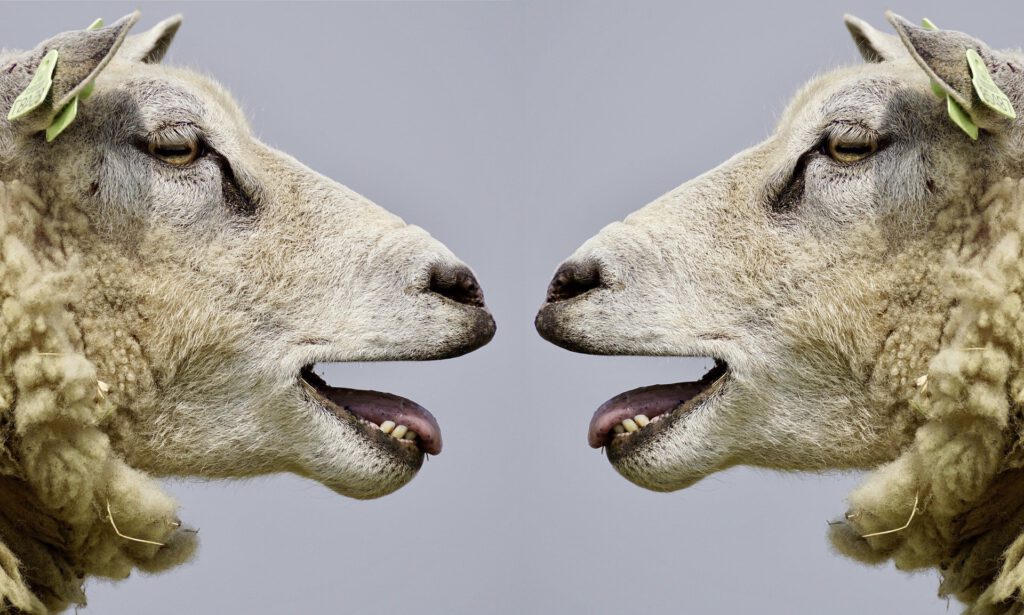
A cold lasts 7 days with medication, a week without. I think this is how the saying goes. And it shows nicely that some things just take their time.
They need the time they need.
They need the time that YOU need for it.
And that is independent of the fact that everything in our world (apparently) goes faster and faster.
Another saying that comes to mind is: “The grass doesn’t grow faster if you pull on it.”
But because we have so many things available so quickly these days (at least in our Western world) and increased comfort seems to be the goal, I think we run the risk of unlearning how to deal with the uncomfortable, how to endure, how to persevere.
The cell phone or the PC doesn’t run as smoothly since the last update – bang, a new one is ordered.
Contacting friends in the USA? No problem thanks to Internet flat rates and video telephony.
The favorite movie is shown at a time when I’m not at home? No matter, I can record it or watch it later online.
The guy from the last date starts to get weird after the fourth meeting – no big deal. Just choose a new match.
Yes, maybe there are actually less inconveniences – but if something doesn’t work out, we get stressed much faster.
And the really important and big things in life can’t be ordered on the Internet. We are often presented with successes – but rarely with how much effort and time it took to achieve them.
In addition, some things simply need time to unfold, to show themselves to us fully, to flourish. Whether that’s people, or jobs, new colleagues, or developments I’m going through myself – physically or mentally.
Can you keep at it when things get uncomfortable, seem to be going nowhere, or you even experience a setback?
What if all these phases are part of it, if we have to endure them and persevere in order to “finally arrive”?
The sore muscles, the plateau phase or the fatigue caused by overtraining in sports.
The first conflict, the revealing quirks or the routine everyday life in relationships.
The feeling of incompetence at the beginning, overwork in the middle and boredom in the now familiar job?
To return to the grass: it’s a bit like gardening. If I just sow and then move on because the cultivating, nurturing and caring is too much for me, I will never get to enjoy the flowering or harvest.
Where could you give yourself or others – or a thing – even more time to unfold, to blossom, to show itself fully?
Take it and give it!
Birgit









